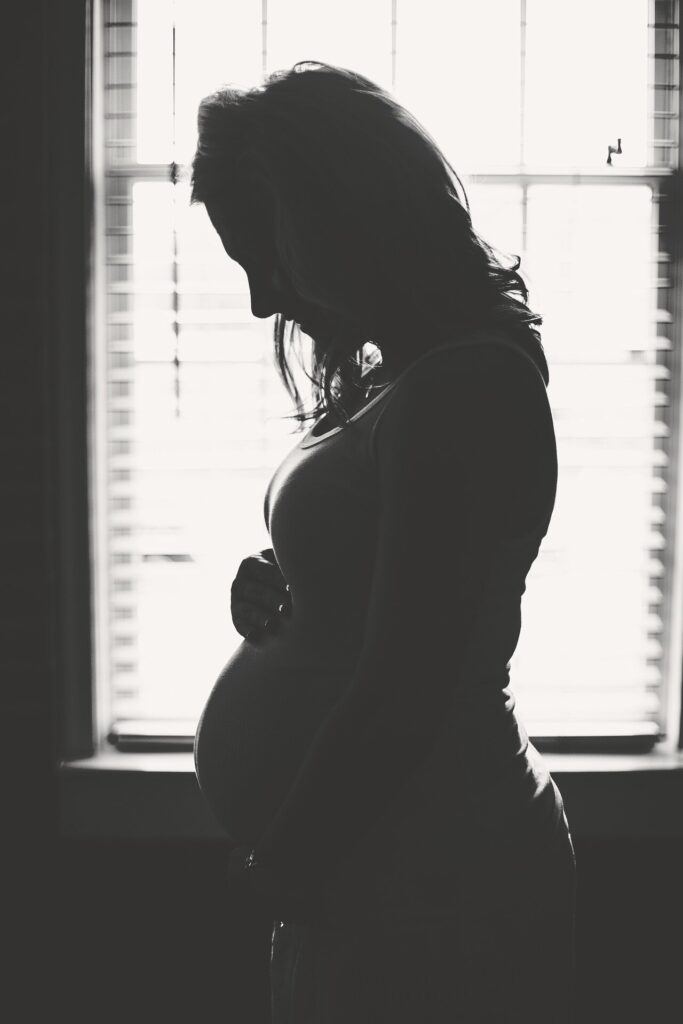Credit: CC0 Public Domain
× close
Credit: CC0 Public Domain
A study has found that hormones produced by the human fetus are the cause of morning sickness in pregnant women, paving the way for possible prevention and treatment.
According to a study published in , nausea and vomiting affect about 70% of pregnant women. Nature The study was announced Wednesday by researchers from the UK, US and Sri Lanka.
In the worst form, hyperemesis gravidarum, nausea and vomiting are so severe that a woman cannot eat or drink normally.
“The culprit is a hormone produced by the fetus, a protein known as GDF15,” the University of Cambridge said.
“But how sick the mother feels is determined by a combination of the amount of hormones produced by the fetus and how much the mother was exposed to these hormones before becoming pregnant.”
To arrive at this result, the team looked at data from women collected in a number of studies.
They used a combination of approaches, including human genetics, a new way to measure hormones in pregnant women’s blood, and studies in cells and mice.
The findings “point to a potential way in which disease could be prevented during pregnancy by exposing mothers to GDF15 before pregnancy to increase resilience,” the University of Cambridge said.
path to treatment
One of the university’s co-authors, Professor Stephen O’Rahilly, said this was also good news for treatment.
“This shows us that blocking GDF15 from accessing highly specific receptors in the mother’s brain could ultimately be the basis of an effective and safe way to treat this disease. “We are now even more confident,” he said.
Lead author Dr. Malena Fezzo of the University of Southern California said the study was personal.
“During my pregnancy, I felt unwell and could hardly move when I was sick. When I looked into the reason for this, I found that although nausea during pregnancy is common, very little is known about my illness. “I realized that I wasn’t,” she said.
Her team was the first to identify a genetic link between GDF15 and hyperemesis gravidarum.
“We hope that by understanding the cause of hyperemesis gravidarum, we are one step closer to developing effective treatments,” she said.
The Princess of Wales, wife of Prince William, heir to the British throne, suffered from hyperemesis gravidarum during all three of her pregnancies.
For more information:
Stephen O’Rahilly, Gdf15 is associated with risk of nausea and vomiting in pregnant mothers, Nature (2023). DOI: 10.1038/s41586-023-06921-9. www.nature.com/articles/s41586-023-06921-9

